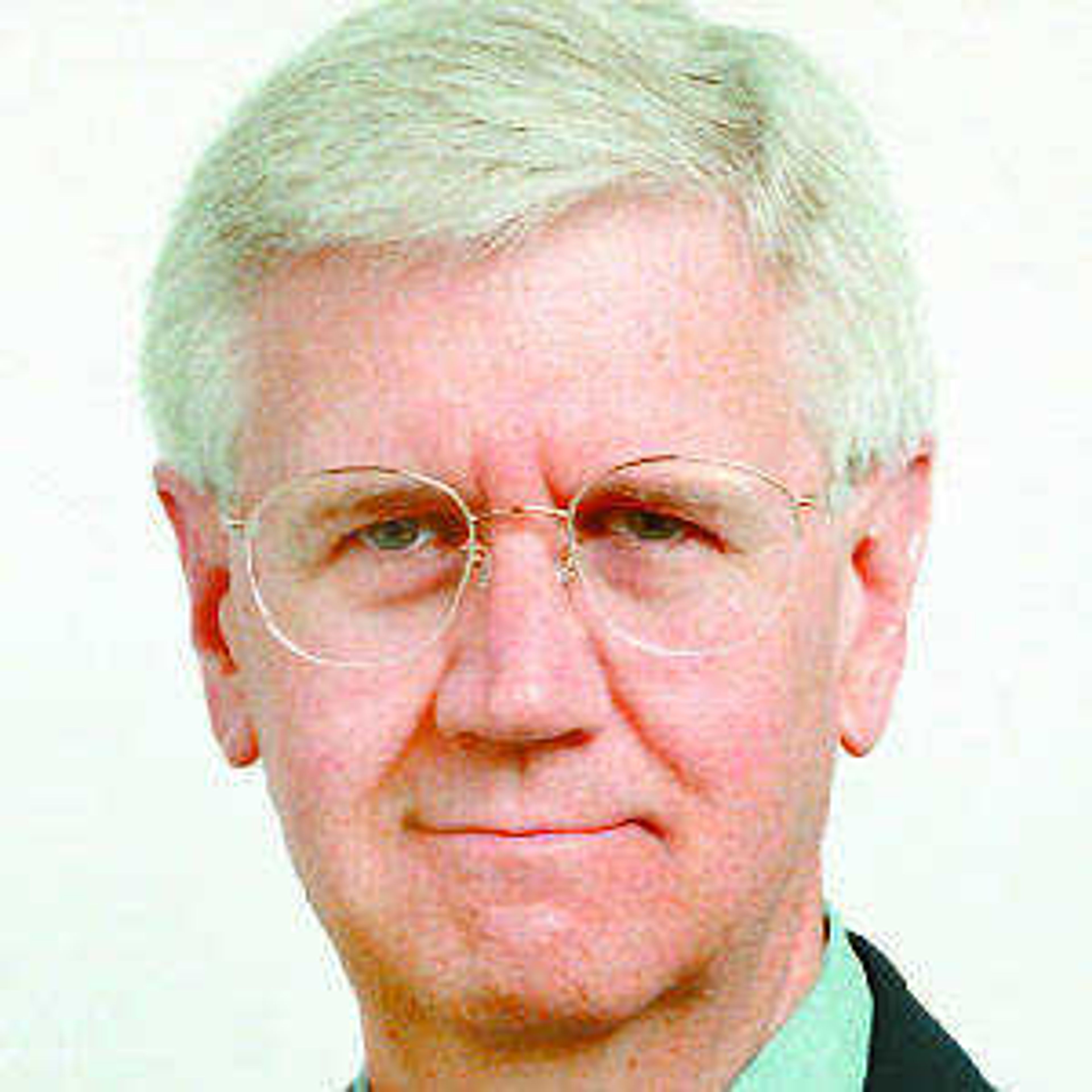One man
You don't have to look far to find what appear to be unsolvable problems. Some of our woes seem so big that it is far too easy to throw up your hands rather than putting your fingers to work. Don't let the size of a problem scare you. You and I won't end world hunger. If everyone who had something to contribute pitched in, we would still have people somewhere in the world looking for food...
You don't have to look far to find what appear to be unsolvable problems. Some of our woes seem so big that it is far too easy to throw up your hands rather than putting your fingers to work.
Don't let the size of a problem scare you. You and I won't end world hunger. If everyone who had something to contribute pitched in, we would still have people somewhere in the world looking for food.
This is where the idea of one person doing whatever she or he can becomes so important.
So what if I can't end world hunger by myself? What If I can help one other person?
Whenever I think about the notion of one person standing up against a gigantic problem, I don't think of Don Quixote. I think of Mel Hancock.
Mel Hancock died last Sunday at his Springfield home in Southwest Missouri. Many in the Show Me state said "Who's Mel Hancock?" after seeing his obituary.
In my book, Mel Hancock is a hero who deserves to be remembered for a long, long time. In a way, he will be -- thanks to his legacy known as the Hancock Amendment.
Back in the late 1970s, Mel was way ahead of the pack when he concluded that government spending was going crazy. He watched spending by Missouri's government explode as the state prospered. It was easy to see that any dollar that found its way into the hands of elected money-grubbers would soon be spent. On something. Anything.
Mel's idea was simple: When the state is enjoying good economic times, it should harness its spending and give excess revenue back -- are you ready for this? -- to taxpayers. Indeed, in the booming 1990s Missouri taxpayers received millions of dollars in tax refunds. Why? Because voters had approved a constitutional amendment proposed and backed by this fellow from Springfield named Mel Hancock.
Selling the notion of a cap on state revenue was not as easy as it might sound. In those early years, Hancock found little support.
I heard about Mel's plan when I was editor and publisher of the newspaper in Maryville, Mo. I thought Mel's proposal made sense. I called him up one day and invited him to speak to a civic group in Maryville.
Mel said he was delighted to be asked, except he couldn't afford to drive to Maryville. So I said I would pay all of his expenses -- gas, food, lodging -- to make the trip. He immediately accepted.
Mel's speech had quite an impact in northwest Missouri. His proposal got the attention of the news media in St. Joseph and Kansas City. A snowball started to roll downhill.
Mel called me several months later to thank me for giving his campaign a much-needed kick. I don't know how much impact, if any, I had. But I like to think there were enough prudent Missourians at the time to see the wisdom of the Hancock Amendment to give it the support it deserved.
Mel went on to serve four terms in the U.S. House of Representatives, where he was a voice for fiscal restraint.
I don't know if the state revenue caps imposed by the Hancock Amendment will ever be tested again in Missouri, given the current economic doldrums. But I like to think that the economy will turn around eventually, and the Hancock Amendment will be there to provide some protection from some of government's gluttony.
Joe Sullivan is the retired editor of the Southeast Missourian.
Connect with the Southeast Missourian Newsroom:
For corrections to this story or other insights for the editor, click here. To submit a letter to the editor, click here. To learn about the Southeast Missourian’s AI Policy, click here.










